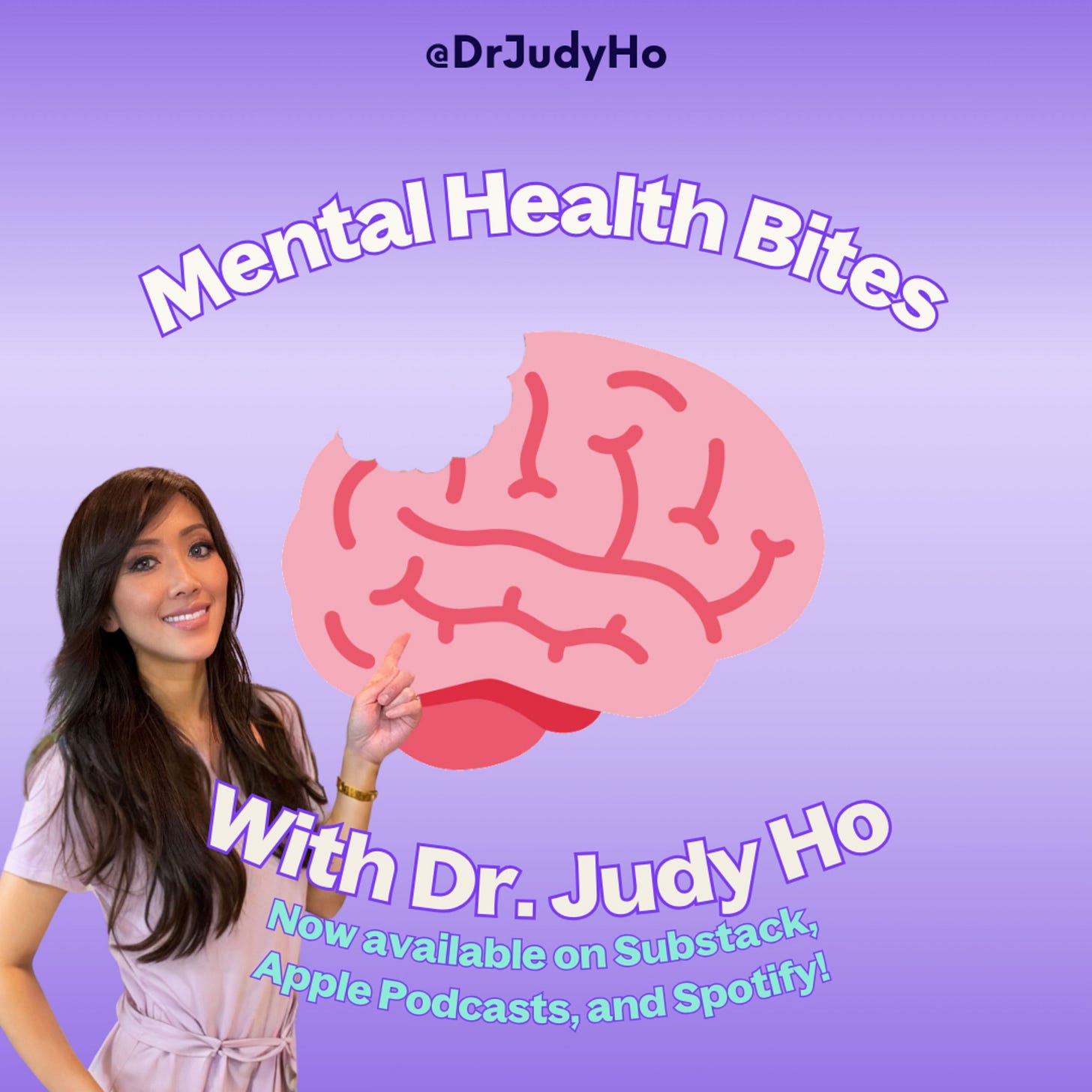
Have you ever wondered, “why am I here?” “what’s my purpose in life?” or “what happens after I die?”
If you’re being honest with yourself, you’ve likely thought about this at some point in time. Perhaps you’re even thinking that right now!
Existential anxiety is one of the most universal phenomenons that we go through as human beings.
It might manifest as the fear of death, where its inevitability can lead to anxiety. It might manifest as as an awareness of our mortality, which makes us worried about potential illnesses that could rob us of a longer life. It can also cause us to question why we do the things we do every day, and whether our activities, jobs, or relationships are “worth it.”
You may have found yourself questioning the purpose and meaning of life. At times, this can present as a sense of meaninglessness and even hopelessness.
The realization that we’re free to make choices in life, and thus are responsible for those choices, can lead to feelings of overwhelm and anxiety.
And a sense of isolation or loneliness, particularly in the context of understanding oneself as an individual distinct from others, can contribute to existential anxiety.
These aren’t fun feelings, but they’re immensely human ones. They’re inevitable for all of us at some point in time.
Thankfully, it’s more than possible to buttress yourself and let these feelings of existential anxiety be no more than a passing bit of worry while you go about creating and living a fulfilling, purposeful life.
One direct way to do this is by living in greater alignment with your values.
To gain purpose and resolve existential anxiety, you don’t need more and more bucket list items, or things to check off a to-do list. You need to start with your values first and foremost, and let those guide your goal setting.
Values are deeply held beliefs or principles that guide a person’s actions and decisions. They represent what is most important to an individual and serve as a compass for behavior. Values are enduring and consistent over time; they are not something you achieve but rather something you continually live by.
In essence, values are the why behind our actions—our underlying reasons for pursuing certain paths—while goals are the what we aim to achieve along the way. Values provide direction, and goals mark the progress toward living out those values.
The following set of exercises can help you gain clarity on what matters most to you. This will help you make intentional choices that align with your values. By fostering a sense of purpose and meaning in life, you can reduce feelings of existential anxiety.

4 Ways to Live a Values-Centered Life
Step 1: Identify Core Values
List Values: Write down a list of values that resonate with you. These can include things like compassion, honesty, creativity, family, personal growth, etc. If you're unsure, consider using a list of common values as a starting point.
Reflect on Importance: Review the list and circle the 5-10 values that are most important to you.
Step 2: Reflect on Current Alignment
Assess Alignment: For each of the values you've circled, rate on a scale of 1-10 how well you feel your current life aligns with these values (1 being not at all aligned, 10 being fully aligned).
Identify Gaps: Note any discrepancies between your values and your current actions or lifestyle.
Step 3: Set Intentions and Goals
Choose Areas for Growth: Choose one or two areas where you feel your actions are not aligning with your values.
Set Specific Goals: Set specific, achievable goals that will help you align your actions more closely with these values. For example, if creativity is a core value, you might set a goal to engage in a creative activity, like painting or writing, at least once a week.
Step 4: Reflect and Revisit
Regular Reflection: Take time regularly (e.g., weekly or monthly) to reflect on how well you are living in accordance with your values. Adjust your goals and actions as needed.
Mindfulness Practice: Consider incorporating mindfulness practices to help stay present and aware of how your daily actions align with your values.
To learn more about understanding existential anxiety and how to navigate the unknown, I encourage you to give my most recent podcast a listen on Apple, Spotify, or watch it on YouTube. In just ten minutes, we’ll explore the concept of existential anxiety, what it looks like, why it occurs, and how you can effectively cope with it. I also answer a listener’s burning question about existential anxiety.
If you have questions about existential anxiety that you’d like me to answer, write a comment to me on substack or on any of my social media pages.
Here’s to your health,
Dr. Judy
SXSW Panel Picker! I need your votes!
Have you heard of South by Southwest (SXSW)? SXSW is known for its conference and festivals that aim to foster creative and professional growth alike. It is a destination for global professionals and features sessions, showcases, screenings, exhibitions, and a variety of networking opportunities.
I submitted several ideas for talks, fireside chats and workshops for next year’s conference. 30% of the conference committee’s decisions are based on public vote, which shows interest in the topic and the speaker.
So if you’d like to hear me speak on any of the ideas below, please click on the links and VOTE! You have until August 18 to vote for your favorite talks before the committee decides who will be on the list of speakers.
Goal Getter: Achieve Your Dreams with Attachment Healing (Fireside Chat)
Beating Burnout: How to Promote Resilience (Workshop)
The New Rules of Attachment (Book Reading)
Get Out Of Your Own Way: How to Stop Self-Sabotage (Workshop)
Order The New Rules of Attachment here: https://bit.ly/3MvuvvF
Take my Attachment Styles Quiz!
About me:
Dr. Judy Ho, Ph. D., ABPP, ABPdN is a triple board certified and licensed Clinical and Forensic Neuropsychologist, a tenured Associate Professor at Pepperdine University, television and podcast host, and author of Stop Self-Sabotage. An avid researcher and a two-time recipient of the National Institute of Mental Health Services Research Award, Dr. Judy maintains a private practice where she specializes in comprehensive neuropsychological evaluations and expert witness work. She is often called on by the media as an expert psychologist and is also a sought after public speaker for universities, businesses, and organizations.
Dr. Judy received her bachelor's degrees in Psychology and Business Administration from UC Berkeley, and her masters and doctorate from SDSU/UCSD Joint Doctoral Program in Clinical Psychology. She completed a National Institute of Mental Health sponsored fellowship at UCLA's Semel Institute.















Share this post